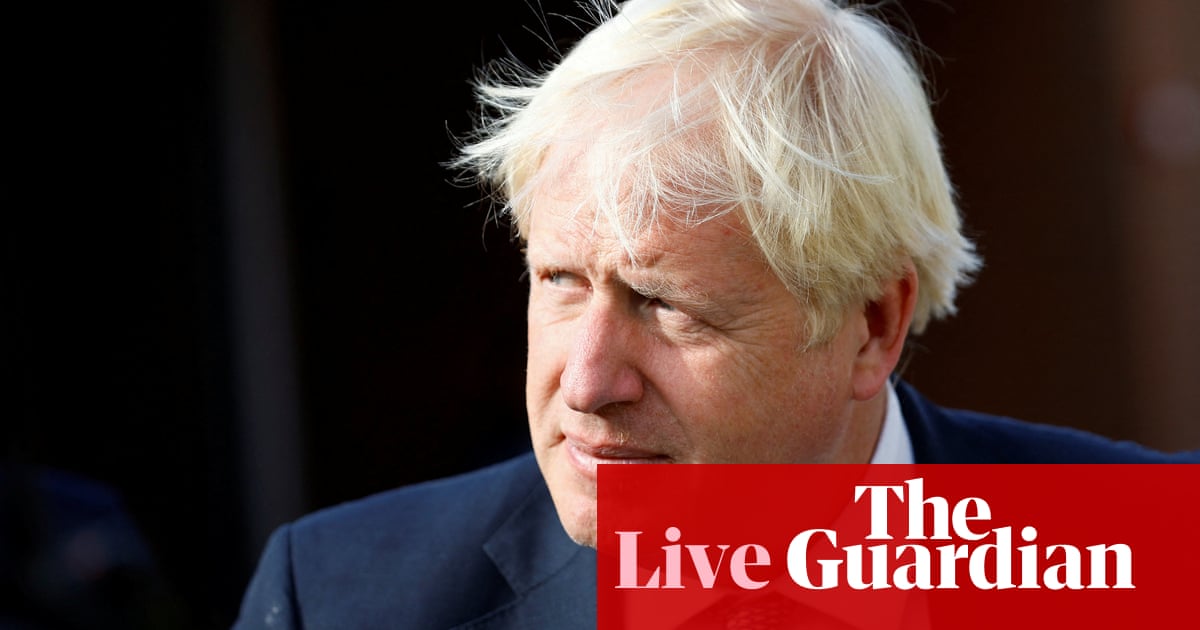
Australia is pushing to ensure the global inquiry it helped trigger into the early handling of the Covid-19 pandemic doesn’t pull any punches – a move that has the potential to risk further recriminations from China.
Amid scepticism among several government backbenchers that the inquiry will fully address Chinese authorities’ early missteps and reporting delays, Australia is using its final months on a top World Health Organization board to press for the investigation to remain robust and independent.
When asked whether Australia was satisfied with China’s level of cooperation, a health department spokesperson told Guardian Australia: “Australia encourages all countries to engage openly and constructively with the evaluation process.”
The government’s public calls in April for a global inquiry into the origins and early handling of coronavirus triggered a furious backlash from Beijing, which argued it was a political manoeuvre against China.
China ended up joining with most nations to support an inquiry motion drafted by the European Union and co-sponsored by Australia in May, but has taken a series of trade actions against Australian export sectors throughout 2020 and has rebuffed Canberra’s calls for ministerial talks.
An independent evaluation panel co-chaired by the former New Zealand prime minister Helen Clark is due to provide an interim report to the WHO’s executive board next month before finalising its work in May – just before Australia’s current term expires.
Member states including Australia, which provides more than $16m of funding each year to the WHO plus additional voluntary contributions, have been receiving regular updates on the inquiry.
While Australia was “pleased” with progress to date, the health department spokesperson said Clark and co-chair Ellen Johnson Sirleaf – the former president of Liberia – had “a considerable task ahead of them in consolidating the evidence and opinions of 194 member states”.
“Australia will also continue to work with member states of the executive board to reinforce our expectations of a robust, independent and comprehensive evaluation of the Covid-19 response, and to strengthen WHO’s ability to prevent, mitigate and respond to future pandemics,” the spokesperson said.
“Australia has also actively sought to support our neighbours in the Pacific region to ensure their voices are heard considered as part of the evaluation process.”
Clark has previously told the Guardian the pair were “seen as independent-minded” and “fair operators”. China has a lot riding on the inquiry, having denied claims of cover-ups soon after the outbreak was first detected in Wuhan.
The WHO has separately convened a global study of the origins of Covid-19.
Ten international experts – including Prof Dominic Dwyer, an infectious diseases specialist from the University of Sydney, were “working on this scientific study in collaboration with Chinese scientists”, the health department spokesperson said.
The department said Australia would also use its remaining time on the executive board to champion reforms to make the WHO “more efficient, effective, transparent and sustainable”.
The Australian government said it would consider nominating for another term on the WHO executive board “in due course”.
Some hardliners on the government backbench have been highly sceptical of the ability of the inquiry to deliver hard-hitting findings.
They include the NSW Liberal senator Concetta Fierravanti-Wells, who is highly critical of the Chinese government and who argues the motion that passed the World Health Assembly was a watered-down version of what Australia had sought.
At a parliamentary committee hearing in August, Fierravanti-Wells said she was worried it could be “a Sir Humphrey-type inquiry” and questioned whether there were mechanisms for Australia to intervene if it came to the view the inquiry had been stymied by Chinese authorities.
The Morrison government has repeatedly maintained that it will not “trade away” Australia’s sovereignty and that it won’t bow to economic pressure – but some critics have argued inflammatory interventions by government backbenchers have made the relationship with Beijing worse.
Australian exporters are nervously waiting to see whether there will be any relief from the trade tensions in the new year, but the dispute reached a new level earlier this month when the government announced it would challenge hefty tariffs on barley through the World Trade Organization.
Last week more than 50 Australian coal ships were still stranded off China’s coast, held up by a Chinese government import ban, despite the country facing coal shortages and one of its worst power blackouts in years.
Chinese authorities cited the discovery of pests when it moved last week to extend timber bans to include logs supplied from NSW and Western Australia.
The Australian Forest Products Association told the Australian newspaper on Monday the industry would need financial assistance from the government if the situation continued into the new year, otherwise there were likely to be job losses and mill closures.
China has generally defended its trade measures on technical grounds and has denied engaging in a politically motivated campaign of “targeting” of Australian exports, but it has argued it is up to the Australian side to take concrete steps that would allow high-level dialogue to resume.












